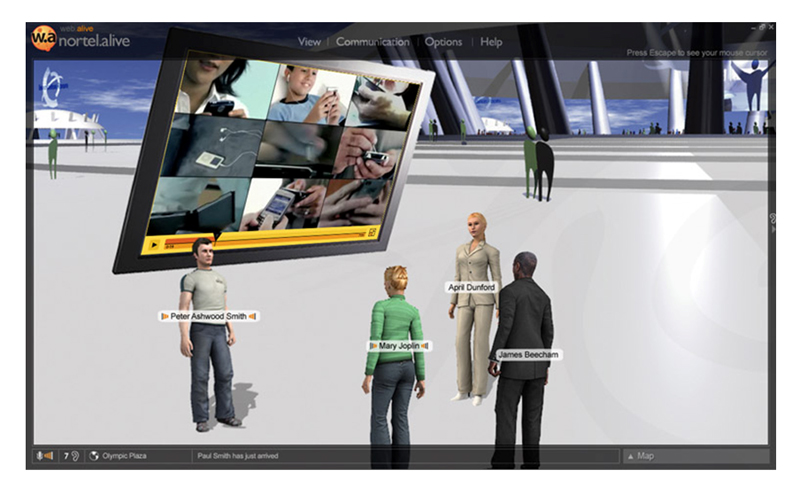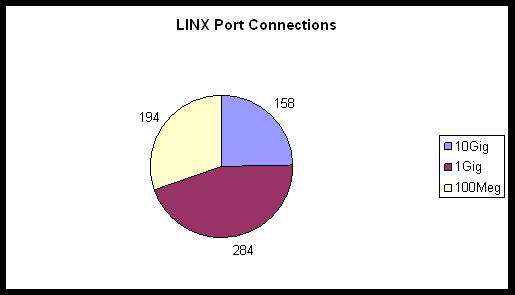It looks like nothing was found at this location. Maybe try a search or one of the links below?
On the 10th of this month the UKCCIS board met co-chaired by three Members of Parliament including Home Secretary Jacqui Smith. Since its formation UKCCIS has concerned itself with putting together the structure of the organisation to take it forward and it has now announced a number of working groups.
These include “Better Education” (chaired by Niel Mclean of BECTA), “Public Information and Awareness (Clive Michel of CEOPS) and Video Games (Brian Leonard, retired civil servant). There is also a group known as “Industry Standards” run by Amanda Jordan of Corporate Citizenship. Apparently the name of this group is subject to change. Don’t ask me why.
Whilst the large committe and the high profile board chairs does send out a message undelining the importance of the activity and its level of Government backing you do wonder about the amount of time they are spending deciding on the names of the working groups!
Previous posts on UKCCIS here. Latest UKCCIS newsletter newsletter-no-5-march-2009.





